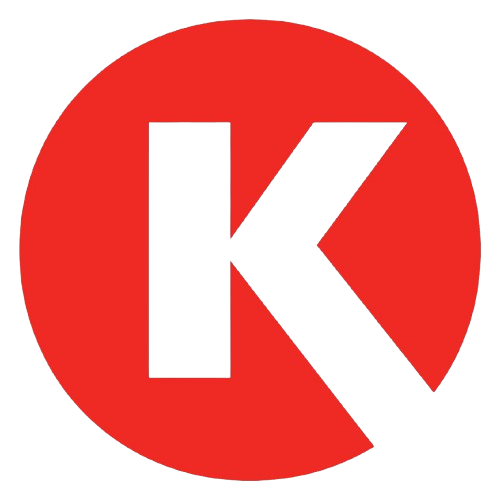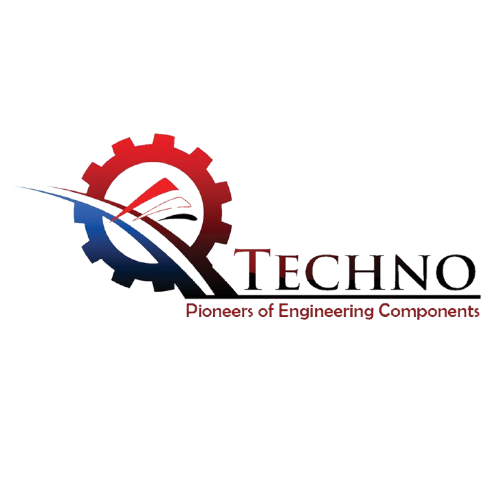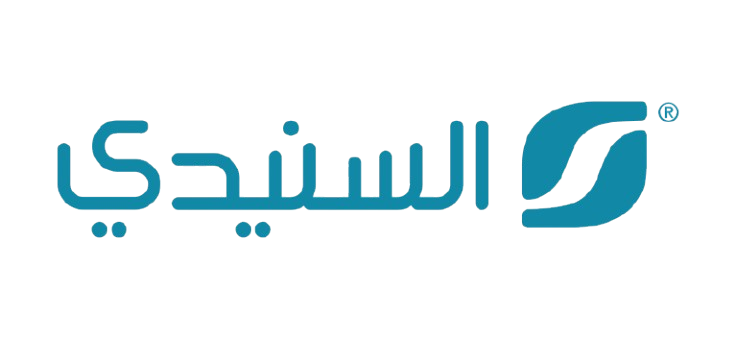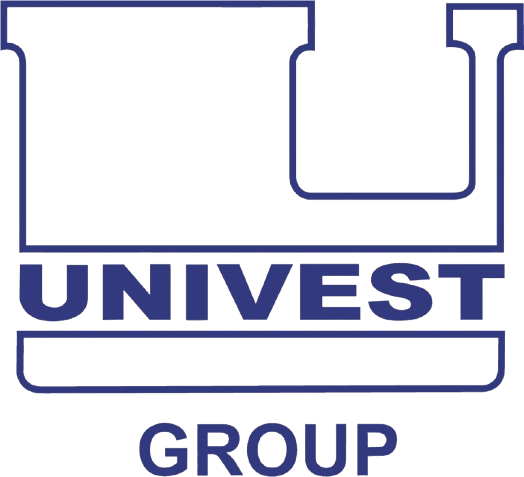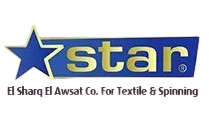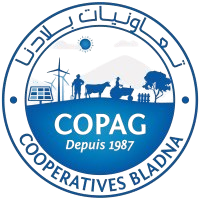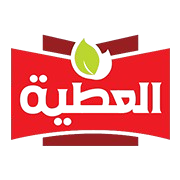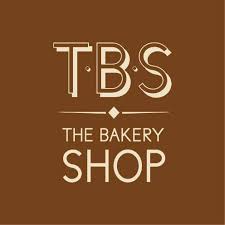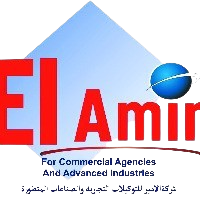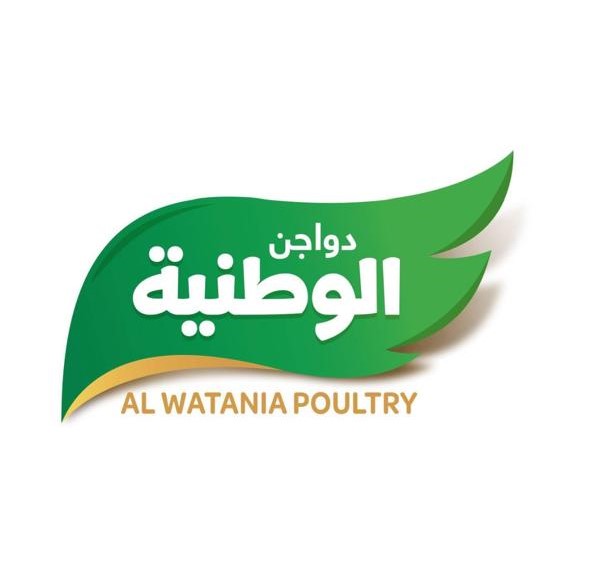Microsoft Dynamics 365 ERP offers several key benefits:
- 1- Integrated Operations:
- Combines finance, HR, sales, and supply chain into one system.
- 2. Scalability:
- Easily grows with your business as needs evolve.
- 3. Real-Time Data:
- Provides actionable insights using AI and analytics.
- 4. Improved Customer Experience:
- Enhances customer relationship management.
- 5. Automation:
- Streamlines routine tasks and improves efficiency.
- 6. Customization:
- Tailor the system to your business needs.
- 7. Global Reach:
- Supports multiple languages, currencies, and regions.
- 8. Security & Compliance:
- Meets international standards for security and regulations.
- 9. Cost Efficiency:
- Cloud-based solution with subscription pricing.
- 10. Collaboration:
- Integrates seamlessly with Microsoft tools like Teams and Office 365.
- These benefits help businesses streamline operations, improve decision-making, and enhance customer service.


















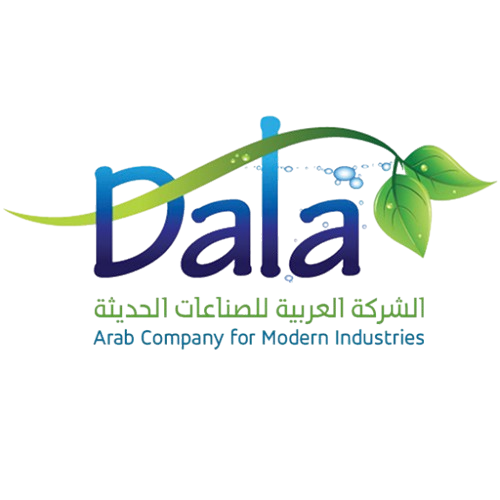
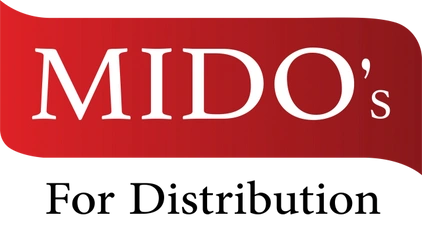



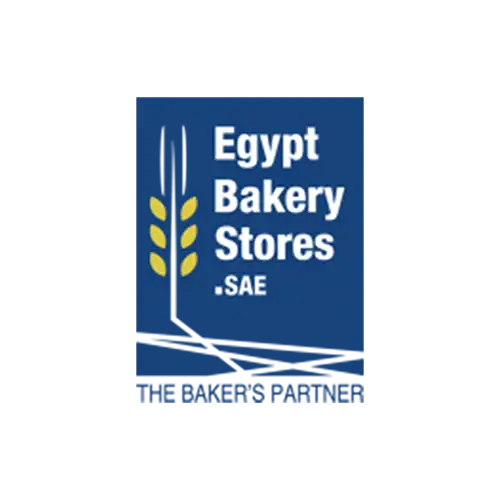

.png)
